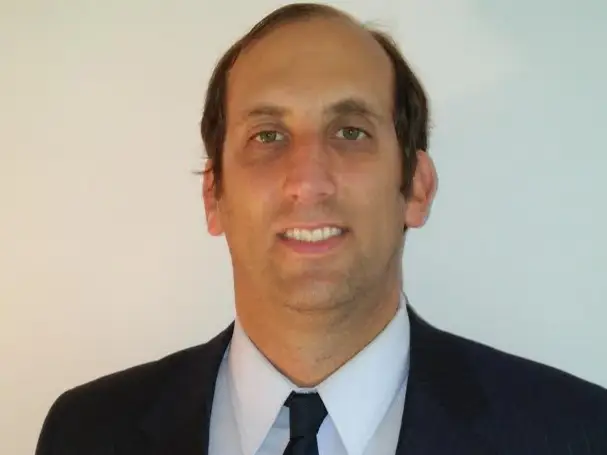Short-seller and economic activist, Ben Axler, spoke to over 50 students and staff via Zoom on Sept. 30. Axler is the founder of Spruce Point Capital Management LLC, a hedge fund that specializes in short-selling stock.
When someone short-sells a stock, they start by identifying a company whose stock they believe will decrease in value. In simplified terms, they then “borrow” the stock from the company at its current rate and when the stock drops, the short seller repurchases those shares at the lower price and delivers the shares they borrowed back to the lender for the original price.
The difference between the price they originally bought the shares for and the amount the company buys it back for becomes profit. It comes at an enormous risk, but can in turn yield large rewards.
Short-selling can be at a huge advantage to the greater community. When investors look into shorting a stock, they look for companies whose stock will likely fall soon. One reason a stock may fall could be if the head of the company is exposed for something such as fraud or embezzlement.
“As activists we try to create change and we do want to hold executives accountable,” Axler said. “So we track all of the CEOs and CFOs that have departed after our campaigns, and you’ll see executives from some very well known companies, whether it be WD 40, Dropbox, iRobot [or] Burlington stores.”
One of the things companies like Spruce Point do is look for companies whose higher-ups are not behaving ethically and borrow all the stocks before revealing their misdoings. This encourages people in management positions within the company to hold themselves accountable and discourages them from engaging in misdeeds to begin with.
“We do have a strong track record. We’ve targeted over ninety public companies; that includes over twelve S&P 500 companies. . . A number of the companies we have targeted have been charged with fraud,” Axler said. “Executives have fled the country in some cases, and we’ve had a number of CFOs and CEOs of major companies resign.”
These big management companies also study the market to provide advice or predictions on how the market will look in the coming weeks. While standard stock brokers might convince you to hold your stocks so they can make money off the transaction, short sellers are often the ones telling you to sell.
“The big thing… the brokers, whether it be Goldman or JP Morgan, they’re almost the last ones to say sell. They are heavily compensated by the companies they promote so they’re not always independent [and] they’re not always forward looking,” Axler said.
Short-selling, while high risk, adds so much value to the market. Short-sellers are investors whose incentive comes from making profits from the misdeeds of executives and companies. They often are the first whistleblowers of crimes like fraud or embezzlement. By not being connected to companies and having more risk involved, they watch and research the market to ensure things are going the way they believe. This often leads to more informed, accurate and ethical reporting of market trends.
If you are an investor or consider investing, it may be a great first step to follow some of short-sellers such as Ben Axler from Spruce Point Capital to keep up-to-date on their market research.
For comments/questions about this story tweet @TheWhitOnline.




































































































































































































